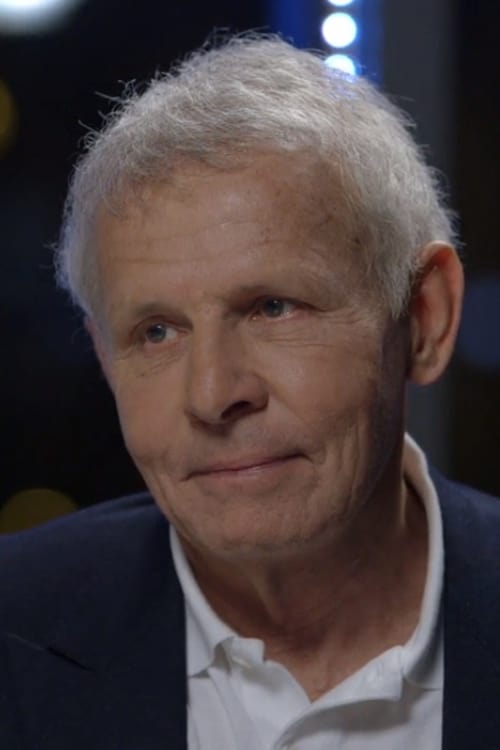Patrick Poivre d'Arvor
Birth : 1947-09-20, Reims, Marne, France
History
Patrick Poivre d'Arvor( 20 September 1947) is a French TV journalist and writer. He is a household name in France, and nicknamed "PPDA". With over 30 years and in excess of 4,500 editions of television news to his credit, he was one of the longest serving newsreaders in the world until he was fired in 2008. He presented his last newscast on TF1 on 10 July 2008.
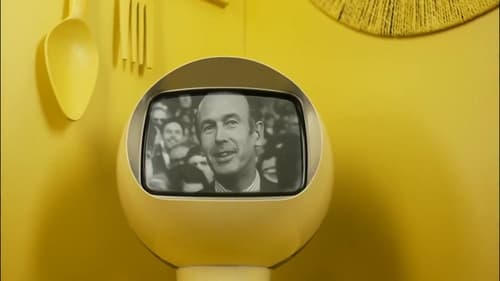
Self (archive footage)
In May 1974, Valéry Giscard d'Estaing became President of the Republic and wanted to bring about a new era of modernity. One of his first decisions was to break up the ORTF with the creation of three new television channels: TF1, Antenne 2 and FR3. Three new public channels but autonomous and competing. It is a race for the audience which is engaged then, and from now on the channels will make the war! This competition will give birth to a real golden age for television programs, with variety shows in the forefront. The stars of the song are going to invade the living rooms of the French for their biggest pleasure. This unedited documentary tells the story of the metamorphosis of this television of the early 1970s, between freedom of tone, scandals, political intrigues and programs that have become mythical.
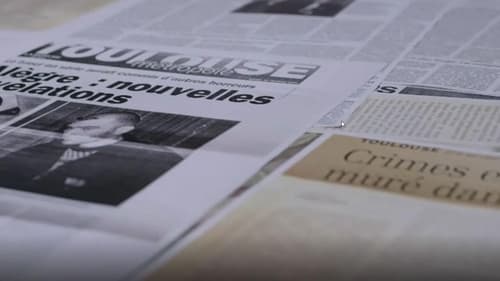
Self (archive footage)
In 2002, serial killer Patrice Alègre was sentenced to life imprisonment for five murders. Gendarme Roussel, the main investigator of this case, believes that he will make him confess to other unsolved crimes in Toulouse. Two ex-prostitutes give a series of names of presumed accomplices of the killer, among them Dominique Baudis, then president of the CSA. He decides to face the case alone. Around him, it is silence: not an official support of his political family. Almost twenty years later, we return to the Baudis affair to try to understand it, with the testimonies of Pierre and Benjamin Baudis, his sons, François Hollande, Camille Pascal and the main protagonists.
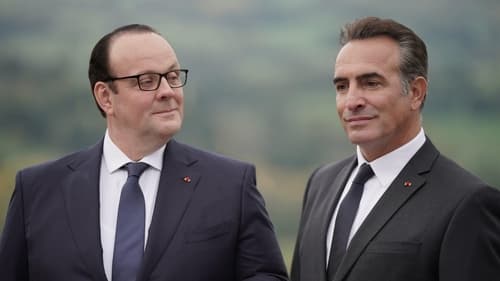
Himself
A former french President, Nicolas, decides to persuade another one, François, to campaign together in order to return to the front stage of politics.
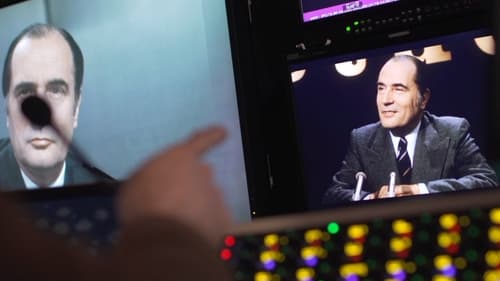
Self (archive footage)
May 10th, 1981. François Mitterrand is elected President of the Republic. The “soviet tanks” supposedly coming upon the Champs-Élysées dressed in red, feared by some, did not march. Serge Moati takes a personal look at this episode, focusing on the relationship the president had with television, that he witnessed and played a role in.
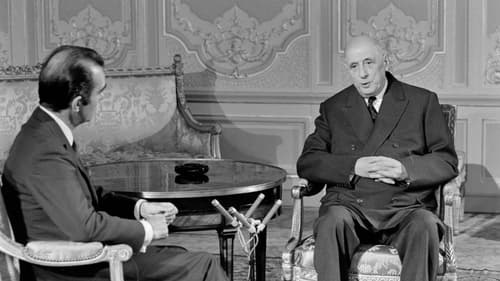
Self (archive footage)

Self
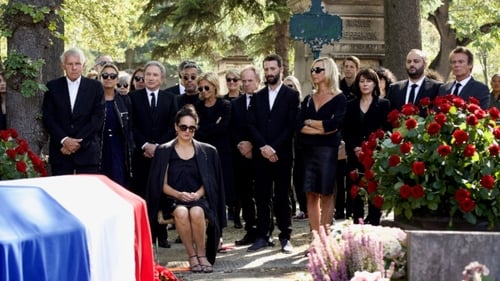
Patrick Poivre d'Arvor
Since his sensational arrival at the head of the 20 Hours, Cédric Saint Guérande, known as "CSG" is THE favorite presenter of the French. His insolent audiences stoke the jealousy even within La Grande Chaîne which he is the undisputed star. His thirst for power is limitless, which displeases the new president of the chain. The war is declared between the two men for the great pleasure of CSG. Power games, networking, manipulations and low shots: the fight will be merciless, and the outcome necessarily spectacular. Welcome to the media circus games.

Self

Self

Director

Self (archive footage)

Self - Le présentateur du JT
Before being extradited to Africa to stand trial, a notorious Belgian criminal is entrusted to the Marseilles police department for less than 24 hours. But the wily crook convinces bumbling policeman Emilien he's a lowly Belgian embassy employee who got railroaded by the brilliant master criminal.

Novel

Self (archive footage) (uncredited)
Paris 2002. Yellow cats appear on the walls. Chris Marker is looking for these mysterious cats and captures with his camera the political and international events of these last two years (war in Iraq...).

French TV Anchorman
A young girl is plucked from small-town obscurity and thrust into the spotlight of the glamorous world of super-models.

Self
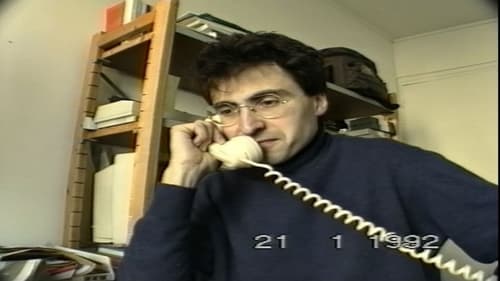
Self
"Pas vu, pas pris" starts with a subject filmed 2 years ago ; ordered then forbidden to broadcasting by Canal + : it was "Pas vu à la télé". Bernard Benyamin, Henri de Virieux, Patrick de Carolis, Anne Sinclair, Charles Villeneuve (amongst others) appear before the candid camera of Pierre Carles, for once subjected to an investigation that concerns their profession. After proclaiming that there is no taboo subject on television, they discover a pirate document showing Étienne Moujeotte and François Léotard in a business discussion about the destinies of TF1. Question asked : would they have agreed to broadcast this document and if not, why not ? The investigation itself is objectively searching : anything can be said on TV except one thing, the more or less close collusion of journalists and the political powers. Pierre Carles gives us a sharp reflection on the scope of this "fourth power" that the media have become, and on the compromises of those who are its masters.
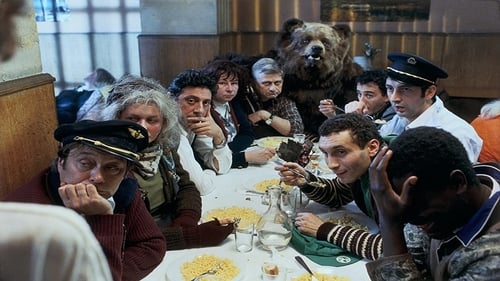
Dieu le journaliste
God comes to Earth in order to make a film.

We follow Marcel Ophuls' two journeys to Sarajevo in 1993. He is starting a documentary about war correspondants. But this also becomes a reflexion about truth and life. The form consists in many interviews of mostly French and American journalists and reporters of television or newspapers.

Self / Patrick Poivre d'Arvor
Jean-Louis and Anne have had their fling and separated. Now 20 years have passed. He is still dating various women. She is now a big-time director whose most recent film was a very expensive bomb. She comes up with the idea of making a romance based upon her fling with Jean-Louis. She contacts him to gain his permission. Jean-Louis is still in racing and goes away for a desert rally while she begins filming. She finds the mood of their romance difficult to recapture in her film.

Lui-même
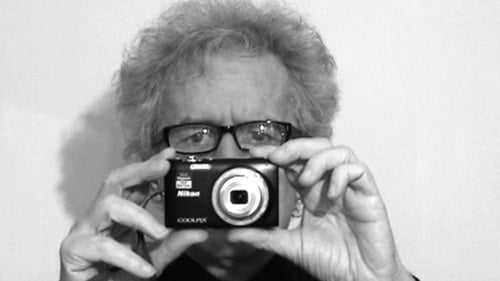
N°600 / N°621
Cinématon is a 156-hour long experimental film by French director Gérard Courant. It was the longest film ever released until 2011. Composed over 36 years from 1978 until 2006, it consists of a series of over 2,821 silent vignettes (cinématons), each 3 minutes and 25 seconds long, of various celebrities, artists, journalists and friends of the director, each doing whatever they want for the allotted time. Subjects of the film include directors Barbet Schroeder, Nagisa Oshima, Volker Schlöndorff, Ken Loach, Benjamin Cuq, Youssef Chahine, Wim Wenders, Joseph Losey, Jean-Luc Godard, Samuel Fuller and Terry Gilliam, chess grandmaster Joël Lautier, and actors Roberto Benigni, Stéphane Audran, Julie Delpy and Lesley Chatterley. Gilliam is featured eating a 100-franc note, while Fuller smokes a cigar. Courant's favourite subject was a 7-month-old baby. The film was screened in its then-entirety in Avignon in November 2009 and was screened in Redondo Beach, CA on April 9, 2010.
